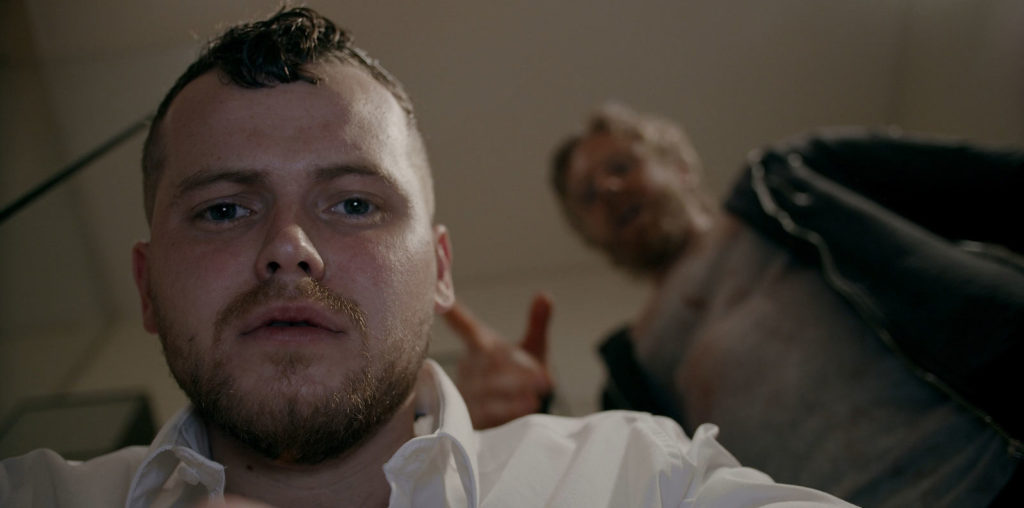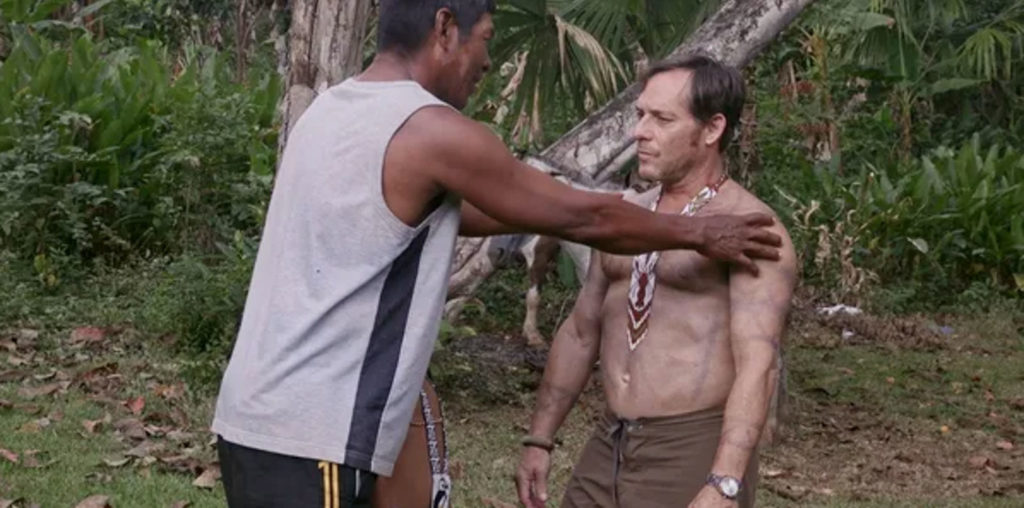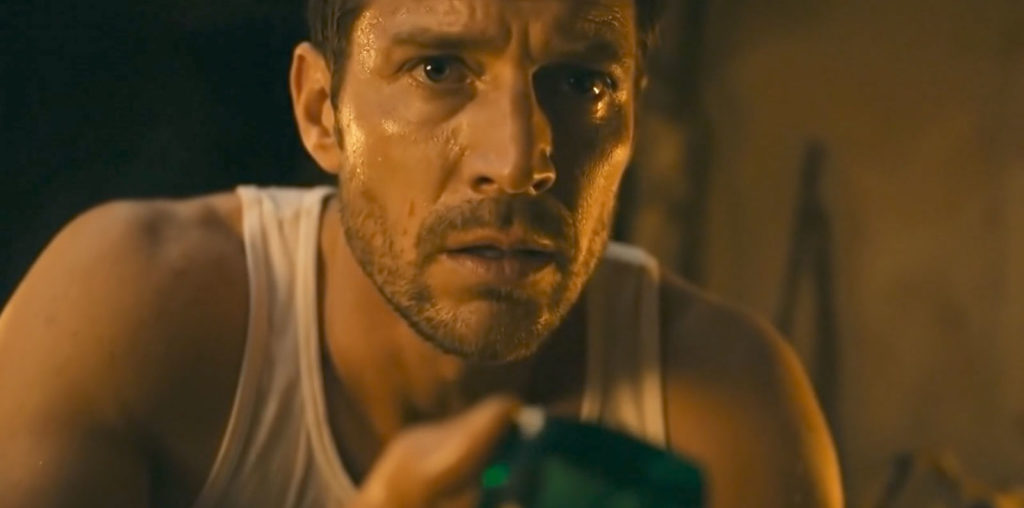
In 1948, the Kurt Weill-Maxwell Anderson musical “Lost in the Stars,” based on Alan Paton’s “Cry, the Beloved Country” opened on Broadway to strong critical and commercial feedback. But its eloquent indictment of the racist apartheid policies of South Africa scared away the Hollywood studios, which made no attempt to bring “Lost in the Stars” to the screen. Ironically, a British film based on “Cry, the Beloved Country” was made in 1951 and proved to be a commercial success in its American release.
“Lost in the Stars” eventually found its way to the screen in 1974 as part of the ambitious but ill-fated American Film Theatre series. After a scant theatrical and home video release, “Lost in the Stars” promptly vanished for over two decades. Its long-overdue return in a restored DVD edition is finally providing the film the wide release that it never received.
Sadly, “Lost in the Stars” is not the missing classic that one hopes it could be. The production has all of the hallmarks of the American Film Theatre series: a painfully and obviously low budget, uneven casting, somewhat unimaginative direction, and the aching sense of a great work eager to break out if only more care and funding was provided. It also pales in comparison to the 1951 film version of “Cry, the Beloved Country,” which is arguably one of the most beautiful movies ever made.
Even more troubling is the source material itself. “Lost in the Stars” deviates from the simple power of the Alan Paton novel and the changes made here (especially the final scene) dilute the effectiveness of the Paton original. There is also the question of the musical score, which is a strange hybrid of European theatrical and African folk traditions that often seem at odds with each other. In fairness, “Lost in the Stars” was one of the very first attempts to incorporate African music into the American mainstream, and if the music does not sound solid today it is primarily because the higher profile of African influences in contemporary music have blossomed since the score was first performed in 1948.
But where “Lost in the Stars” triumphs is in the powerhouse performance by Brock Peters as the elderly country reverend who determinedly searches Johannesburg for his missing son. Peters is best known for his supporting roles as a victim (“To Kill a Mockingbird”) or villain (“Porgy and Bess,” “The Pawnbroker”). This was a rare occasion when he held the starring role and he shines brilliantly, offering a complex portrait of a religious man whose faith in God and his fellow countrymen is slowly frayed when he discovers his son in jail for the murder of a white anti-apartheid activist while his pregnant girlfriend lives in the poverty of a squalid shanty town. Peters also offers a stunning display of his vocal talents, and his rendition of the title song in an empty church is easily among the most magical scenes in the history of movie musicals.
“Lost in the Stars” is also blessed with sterling performances by two women who Hollywood never figured out how to properly employ. As the pregnant girlfriend, Melba Moore is heartbreaking as a timid victim of circumstances far beyond her control. Her performance essays the betrayal and isolation of a too-young woman facing a future without love, money or hope. Over at the far end of the emotional spectrum is Paula Kelly as the vibrant club girl whose sensual dancing and kinetic presence are so overwhelming that she could fuel half the world if someone could figure out how to convert her force of personality into energy. Kelly also choreographed the film’s dance sequences, which manage to pulsate beautifully despite director Daniel Mann’s static camerawork.
Unfortunately, the rest of the cast doesn’t quite measure up. The biggest problem is sitcom actor Clifton Davis as the reverend’s doomed son. With his indifferent demeanor and inability to essay a competent South Africa accent, he seems as if he wandered into the production by mistake. Other actors also have problems with their accents: the black cast members generally sound too American while the white actors seem to be doing British rather than South African accents.
But despite its flaws, “Lost in the Stars” is an interesting film that deserves to be sought out–hopefully by those who have the funding and power to bring it back to Broadway or maybe into a new and better focused film adaptation.


